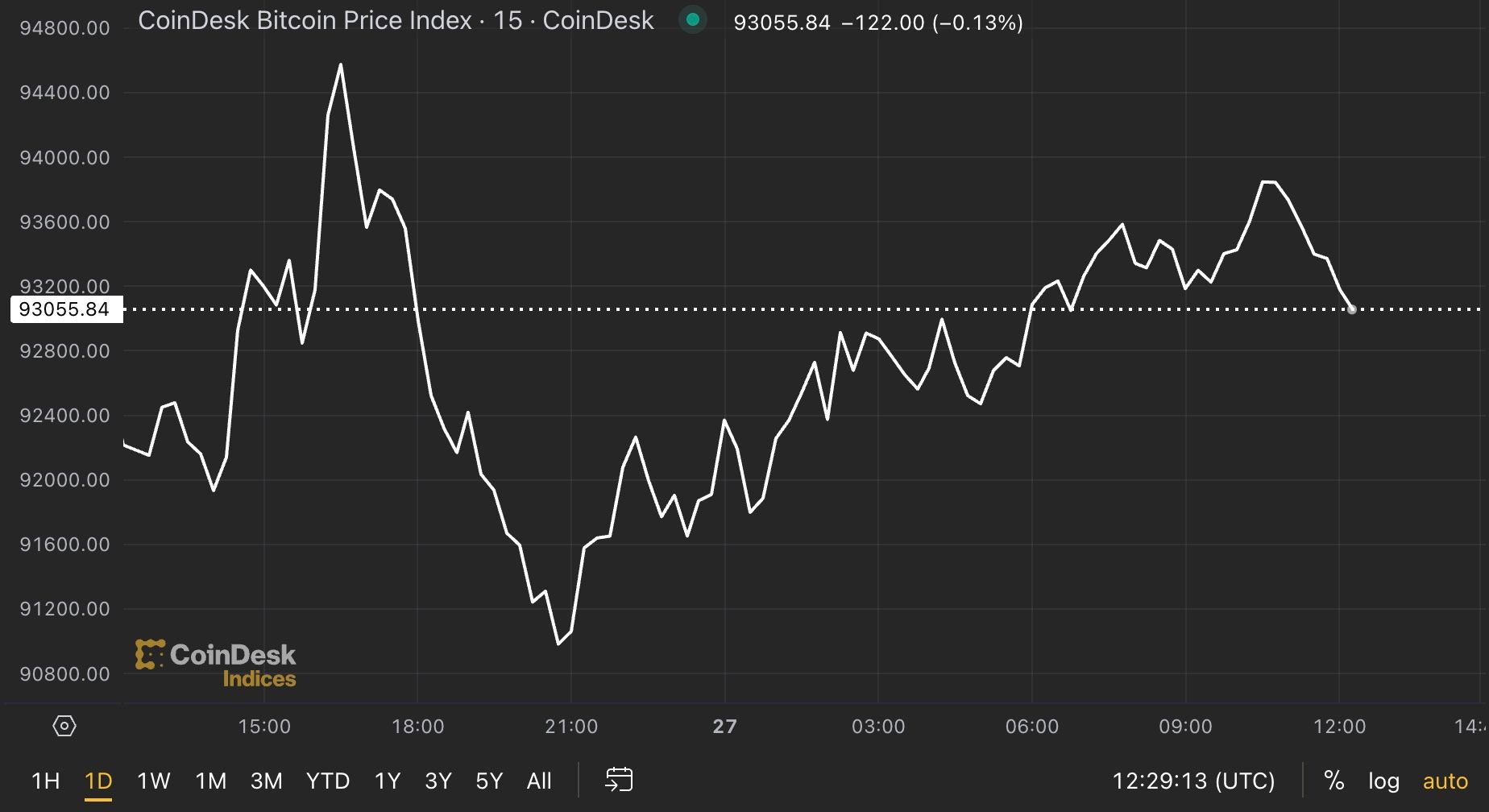ARTICLE AD BOX

- The EU’s MiCA was introduced in June, but won’t take effect until December
- Coinbase will deliver an update to its EU customers in November on how to switch their stablecoins to EU-compliant ones
- Circle was the first stablecoin issuer to receive an e-money license under MiCA regulations
Crypto exchange Coinbase is to delist stablecoins that fail to meet the EU’s Markets in Crypto-Assets (MiCA) regulation by December 30.
The move, targeting customers in the European Economic Area (EEA), is part of the EU’s efforts to implement tighter controls on crypto assets. The EU’s crypto regulatory framework, known as MiCA, was introduced in June; however, it will take effect in December.
Under the new regulation, the EU requires stablecoin issuers to hold e-money authorization in at least one EU member state. The framework aims to protect European investors from fraud and risks while boosting innovation and economic competitiveness.
In a report from Bloomberg, a Coinbase spokesperson said:
“Given our commitment to compliance, we intend to restrict the provision of services to EEA users in connection with stablecoins that do not meet the MiCA requirements by December 30, 2024.”
Coinbase is expected to provide an update in November to its EU customers, giving them options to convert their stablecoins to EU-compliant stablecoins such as Circle’s USDC and Euro Coin (EURC).
In July, Circle, a crypto payments company, became the first stablecoin issuer to obtain an e-money license under the EU’s MiCA regulations.
Coinbase isn’t the only crypto exchange that’s taking steps to meet the EU’s requirements. Other platforms, including Bitstamp, OKX, and Uphold are already moving to limit access to stablecoins that fail to meet MiCA regulations, including Tether’s USDT.
In June, Bitstamp announced it was removing USDT to comply with MiCA.
 (1).png) 1 month ago
32512
1 month ago
32512









 English (US) ·
English (US) ·